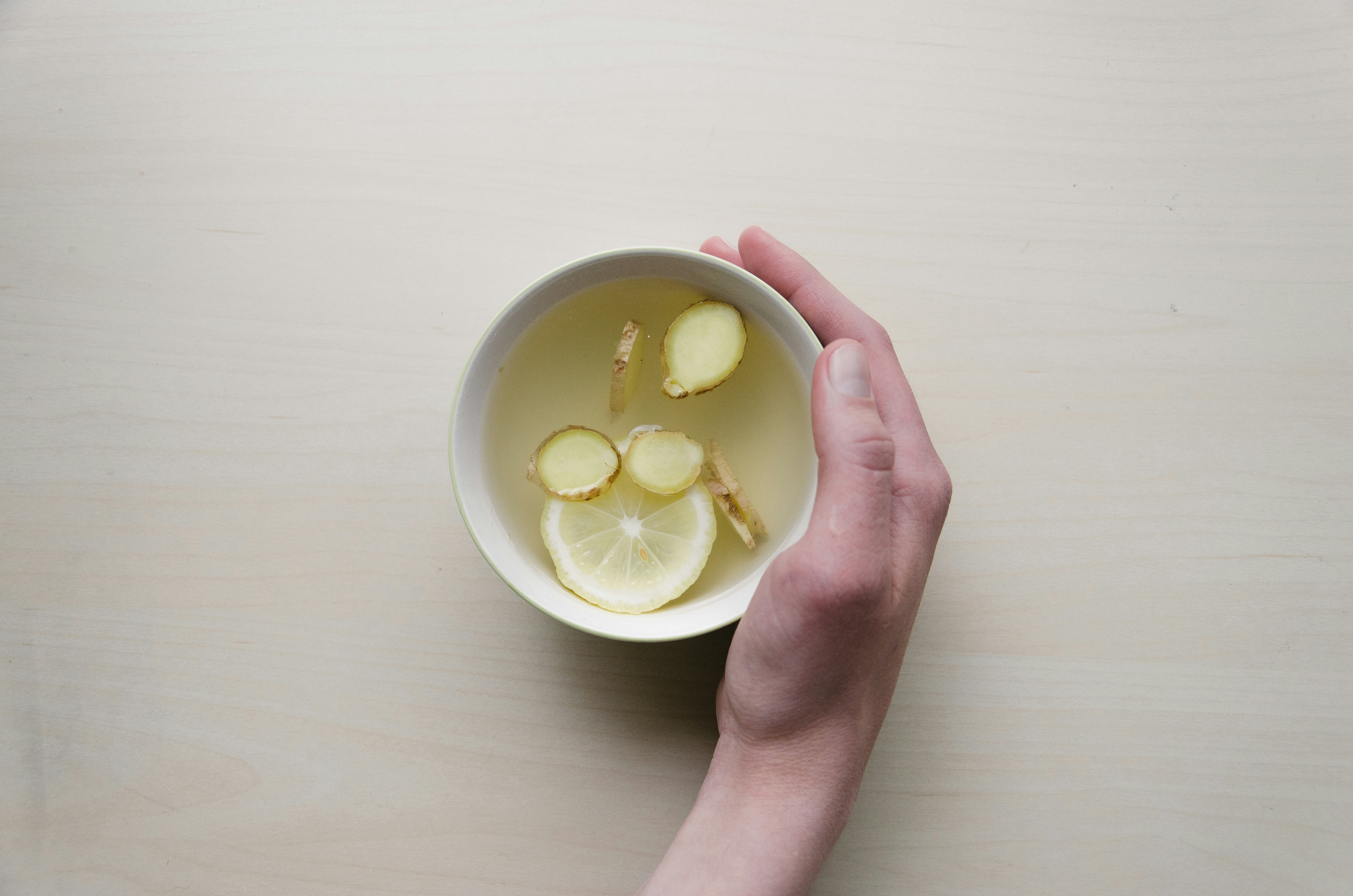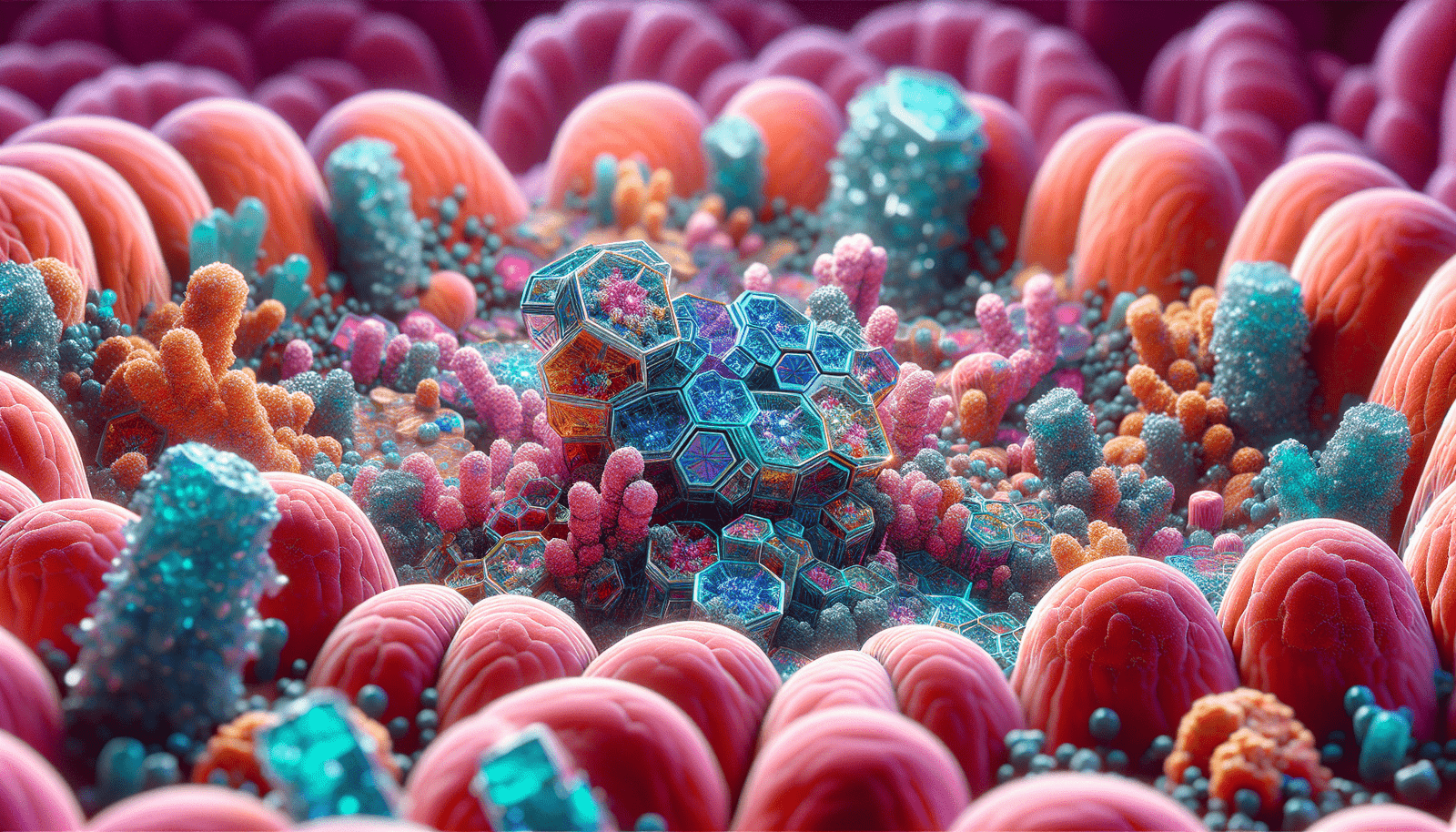Ever wondered how your diet could be affecting your gut health, specifically in relation to oxalates and Small Intestinal Bacterial Overgrowth (SIBO)? This interconnected dance between what you eat and how your microbiome behaves is more intricate than you might think. With the focus on gut health gaining momentum, understanding these elements is essential if you aim to boost your well-being from the inside out. Let’s get right into it.
Understanding Oxalates
What Are Oxalates?
Oxalates are naturally occurring compounds found in a variety of foods. They’re usually by-products of certain metabolic pathways in plants and are often found in leafy greens, nuts, seeds, and even some tea. For most people, the body manages oxalate levels through complex interactions with gut bacteria that help break them down.
Foods Rich in Oxalates
Here’s a quick cheat sheet:
| Foods High in Oxalates | Oxalate Content (mg per serving) |
|---|---|
| Spinach | 755 |
| Rhubarb | 541 |
| Almonds | 469 |
When you consume these foods, they don’t necessarily spell doom. The way your body metabolizes oxalates largely depends on the bacteria in your gut and how well-functioning your gastrointestinal system is.
What is Small Intestinal Bacterial Overgrowth (SIBO)?
The Basics of SIBO
SIBO occurs when an unusually high number of bacteria populate the small intestine. Unlike the large intestine, which flourishes with bacteria, your small intestine should have relatively few bacteria. When these bacteria migrate or overpopulate here, they can interrupt nutrient absorption and lead to a variety of issues.
Symptoms of SIBO
Often nebulous, SIBO symptoms can overlap with other gastrointestinal issues, making diagnosis tricky. Here’s what you might experience:
- Bloating and abdominal pain
- Diarrhea or constipation
- Unintentional weight loss
- Nutrient deficiencies
The Connection Between Oxalates and SIBO
Oxalates and Your Gut Microbiome
In a well-functioning gut, bacteria like Oxalobacter formigenes help degrade oxalates, rendering them harmless. When SIBO is at play, the gut microbiome faces an imbalance, and these oxalate-degrading bacteria dwindle, leading to higher oxalate levels.
SIBO’s Impact on Oxalate Absorption
During SIBO, inflammation and poor gut lining integrity worsen oxalate absorption. High oxalate absorption can lead to systemic problems, such as kidney stones.
Diagnosis and Management
Identifying the Culprits
Diagnosing SIBO generally involves breath tests that measure hydrogen and methane produced by bacteria in your gut. Meanwhile, oxalate levels can be checked through urine tests.
Addressing the Issue
For managing SIBO, antibiotics such as rifaximin are commonly used, but dietary changes are equally crucial. Reducing high-oxalate foods and incorporating elements that support gut health could be beneficial.
Guideline for Low-Oxalate Foods
| Food | Serving Size | Oxalate Content (mg) |
|---|---|---|
| Eggs | 1 large | 0 |
| Chicken | 3 oz | 0 |
| Blueberries | 1/2 cup | 4 |
Nutritional Strategies for Managing SIBO and Oxalates
Balancing Your Diet
A balanced diet low in fermentable carbs can help starve the overgrown bacteria in your small intestine. Focus on proteins and non-starchy veggies to ground your meals.
Prebiotics and Probiotics
Introducing prebiotics and probiotics can encourage a healthier gut flora that can manage oxalates better. Consider the inclusion of:
- Yogurt with live cultures
- Fermented foods like kimchi
Preventive Measures and Lifestyle Choices
Hydration is Key
Adequate water intake helps flush oxalates through your kidneys, reducing their chance of crystallizing into kidney stones.
Stress Management
Believe it or not, stress can exacerbate gastrointestinal issues. Practices like yoga or mindfulness can make a difference.
Exercise and Movement
Regular physical activity aids overall digestive health and keeps things moving, preventing bacterial stagnation in your small intestine.

Final Thoughts
Combining an understanding of oxalates with the complexities of SIBO might feel overwhelming, but each step toward better gut health is also a step toward better overall well-being. Take time to tune into what your body is telling you, make strategic dietary choices, and seek professional healthcare advice when needed. Mindful eating and living could lead you to a healthier, more balanced life.



